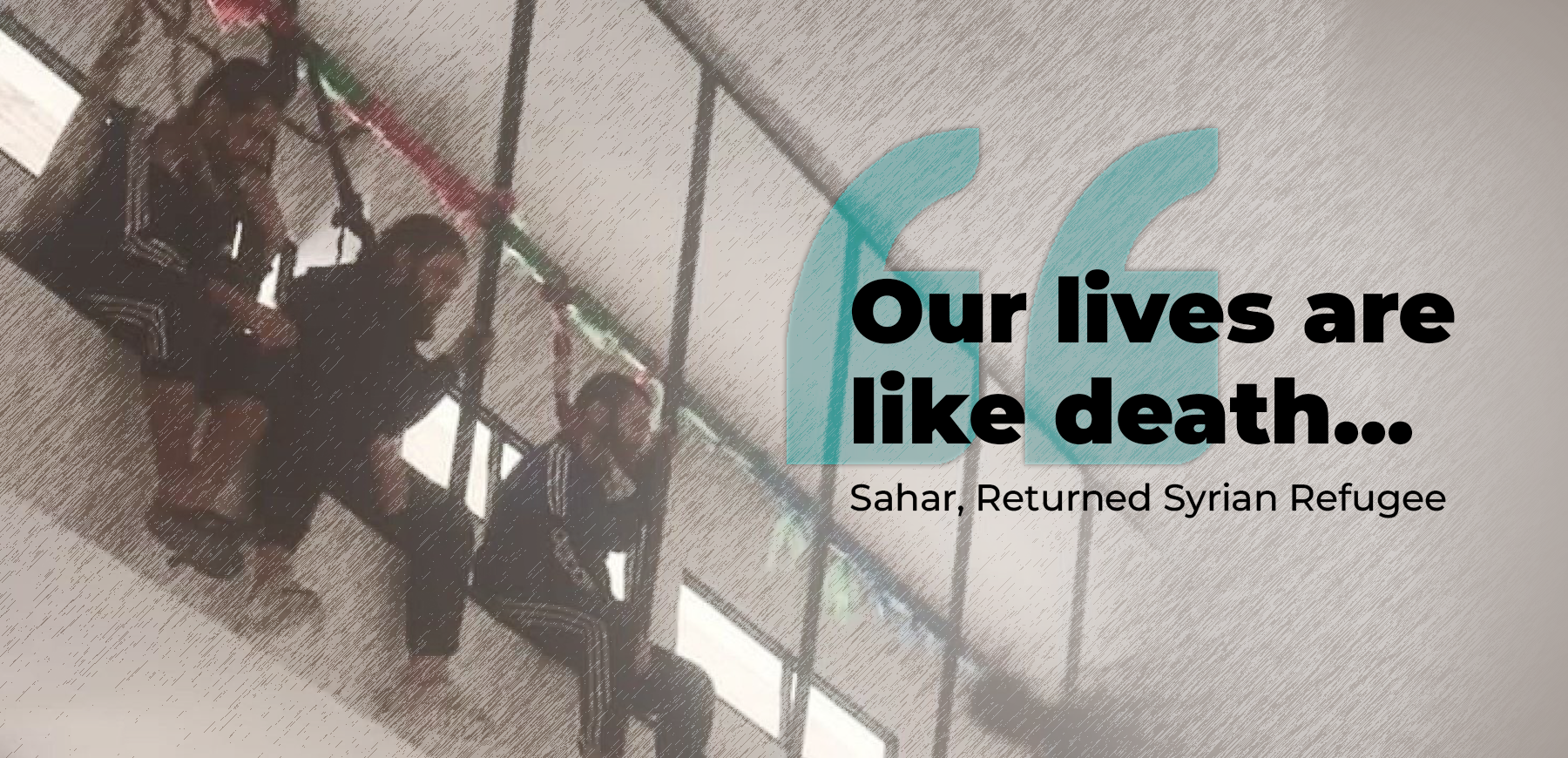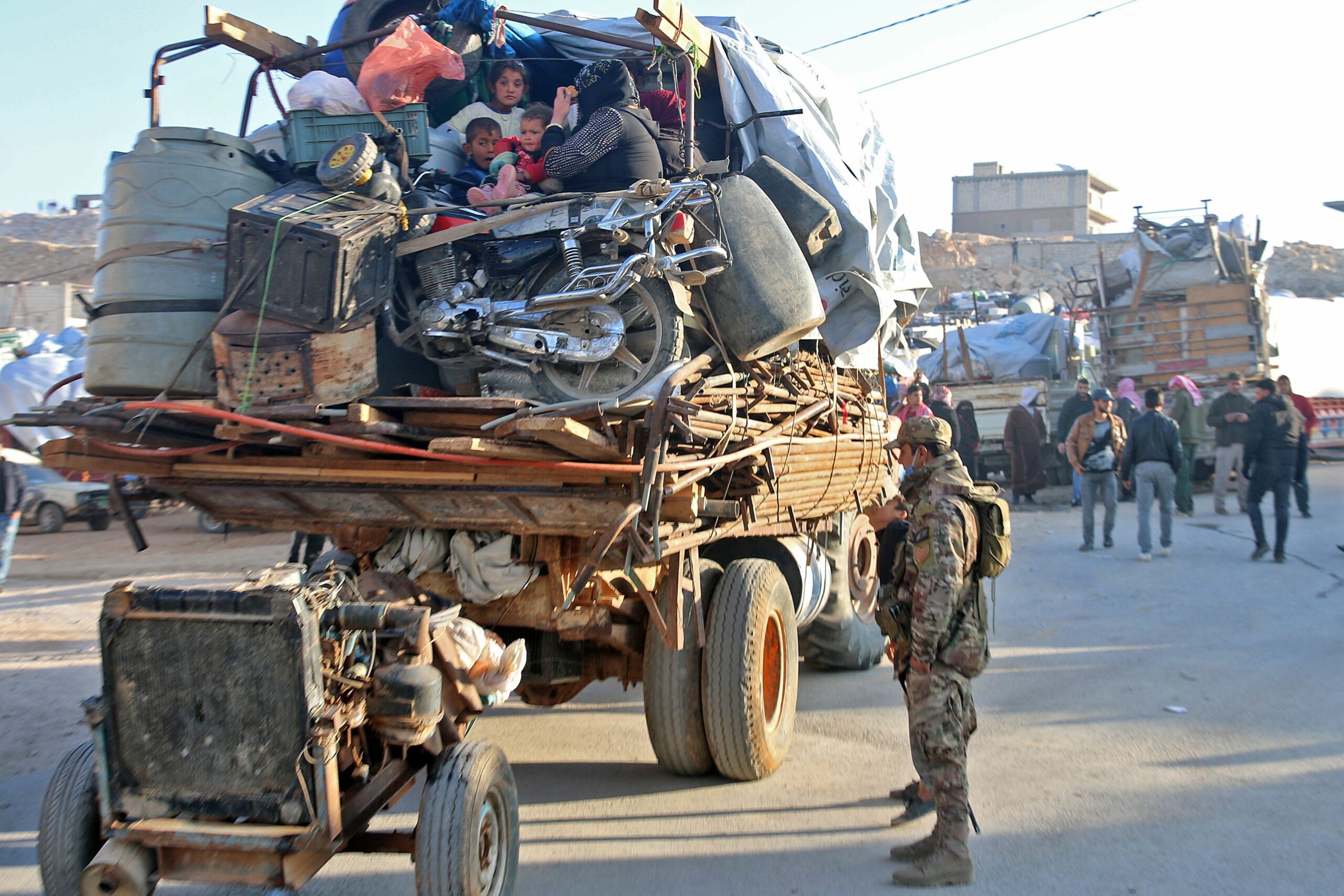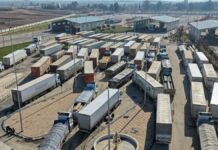
The Syrian refugee crisis in Lebanon has reached a critical juncture. Since 2023, Lebanon’s political and economic instability, coupled with normalization efforts between Arab League states and the Assad regime, has exacerbated the plight of Syrian refugees. Rising anti-Syrian sentiment among the Lebanese population, fueled by economic hardships, fear-mongering, and scapegoating has created a hostile environment for these vulnerable individuals. The most pressing issue is the practice of refoulement—the forceful return of refugees to Syria—where they face a high likelihood of imprisonment, torture, or death. L24 examines the systematic nature of these forced returns, the humanitarian crisis they engender, and the legal implications of such actions under international law.
Systematic Nature of Refoulment
The practice of refoulement in Lebanon has become alarmingly systematic. Reports from human rights organizations, such as Human Rights Watch (HWR) and Amnesty International, have documented numerous cases of forced returns. Abu Ahmed, an activist in civil social affairs and refugee living in Arsal, vividly described the harsh conditions they faced since 2017: “There were numerous raids by the army, and people lived for years, and continue to live, under severe suffering in the camps. Children have developed diseases such as diabetes and bed-wetting, among others, due to fear and terror from the early morning raids at around five o’clock and the arrests.”
These forced returns often involve severe human rights violations. Lebanese authorities, including military personnel, have been accused of arbitrary arrests, physical abuse, and intimidation tactics to coerce refugees into leaving. An internal report from ETANA, a local NGO, revealed that between January and April 2023, over 500 refugees were forcibly returned to Syria. Many of these individuals had valid residency permits, yet they were still subjected to deportation.
In an interview with L24, former Lebanese Interior Minister Brigadier General Marwan Charbel acknowledged both, the need for Syrians in Lebanon and the challenges posed by their large numbers. He stated, “Lebanon needs Syrians since the time Lebanon was created. The problem that started with the Syrian emigration is those who entered illegally. There are Syrians who are committing crimes, today there are 30 or 34% of those detained in Lebanese prisons. This has created tension in the Lebanese street.”

However, Abu Hafeez, a Syrian journalist in the Arsal camps, emphasized the severity and systematic nature of these practices, noting that the current campaign “has taken an official form rather than a popular one. Now, whether a refugee likes it or not, there is tension and fear. There are even reports, although I’m not sure of their accuracy, from sources indicating that Syrians with proper documents are being handed over (to the Assad regime).” It is not simply the legality of Syrians in the country that leads to arrests and high numbers in prisons, nor in deportation, but deliberate policies implemented by governmental and military institutions.
The Lebanese military’s role in these operations has drawn significant criticism. Testimonies from refugees indicate that soldiers frequently use excessive force. One refugee described being beaten and threatened: “They told us if we didn’t leave voluntarily, they would make our lives unbearable.” Such accounts highlight the urgent need for international scrutiny and intervention to protect the rights of refugees in Lebanon.
Humanitarian Crisis and Legal Implications
The humanitarian consequences of refoulement are devastating. Forced returns to Syria often result in severe reprisals. Refugees face arrest, torture, and even execution upon their return. In its 2023 Annual Report, the Syrian Network for Human Rights (SNHR) found that more than 200 returnees were detained by Syrian authorities in 2023, with many subjected to inhumane treatment.
Under international law, Lebanon is obligated to protect refugees from refoulement. The principle of non-refoulement, enshrined in the 1951 Refugee Convention, prohibits the return of individuals to a country where they face serious threats to their life or freedom. Despite not being a signatory to this convention, Lebanon is bound by customary international law to adhere to this principle.

Sahar Mandour of Amnesty International told L24 about their efforts to address these violations: “We are devising our work on two fronts: documentation and advocacy. Knowing that the current crackdown on refugees has been fueled by different Lebanese authorities, we opted for advocacy before the international community, specifically governments attending the Brussels Conference, to make sure the Lebanese authorities are respecting the basic human rights of refugees.”
Legal experts argue that Lebanon’s actions constitute a blatant violation of international standards. “The forced return of refugees to Syria, where they face significant danger, is a clear breach of Lebanon’s obligations,” says Dr. Nadia Alami, an expert in international refugee law. Such violations not only harm the refugees but also undermine the integrity of international legal frameworks designed to protect vulnerable populations.
Syrian Perspectives
The voices of Syrian refugees provide not only insight into the crisis but demonstrates the way in which these policies and actions impact and endanger the lives of actual people, not simply names and numbers in a ledger or database. Many Syrians endure daily discrimination and abuse in Lebanon. In a Bonyan Organization report, Ahmad, a refugee from Homs, lamented, “We are treated like criminals. We came here to escape the war, but now we live in constant fear of being sent back.”
For those who have been forcibly returned, the situation is dire. A Syrian woman, deported from Lebanon, told HWR: “As soon as I crossed the border, I was detained by Syrian intelligence. They accused me of being a traitor and tortured me for days. I managed to escape, but many others are not so lucky.”
The Syrian diaspora, both in Lebanon and beyond, is deeply affected by these practices. Families are torn apart, and the community is left in a state of perpetual anxiety. Interviews with Syrians in Europe and North America reveal a common sentiment of despair and helplessness. Fatima, a Syrian refugee in Germany, expressed her fears to HRW: “We worry constantly about our relatives in Lebanon. Every day we fear we will hear news of another deportation or arrest.”

In response to these dire circumstances, the Political Affairs Department of the Syrian Salvation Government (SSG) in the liberated areas addressed the nature of the Syrian refugees in Lebanon, stating, “Syrian refugees on Lebanese territory is a humanitarian presence as a result of the campaigns of persecution and systemic murder that Syrians were exposed to due to their revolution against Assad’s criminal regime and the resulting brutality against all segments of society.” They called upon refugee and human rights organizations to defend Syrian refugees and prevent the Lebanese government from making decisions that could lead to new tragedies by handing over refugees to the Assad regime. The SSG condemned the escalation in forceful deportations, emphasizing the moral duty of the Lebanese people to support their Syrian neighbors.
Abu Hafeez also shed light on the psychological impact of these conditions, stating, “Handling the Syrian issue is done in an impulsive, emotional, and unscientific or serious manner. Turning refugees into suspects is a catastrophe. This is the mistake Lebanon is currently making, assuming any refugee is guilty. This approach does not align with international law.”
A Duty to Humanity
The systematic refoulement of Syrian refugees from Lebanon represents a grave humanitarian and legal crisis. Abuses committed by Lebanese authorities, coupled with the dire consequences faced by returnees, highlight the urgent need for international action. Lebanon’s failure to adhere to the principle of non-refoulement underlines the importance of reinforcing international legal protections for refugees.

The international community must intervene and support both, the Lebanese government and the Syrian refugees. Providing humanitarian aid, enforcing international legal standards, and offering asylum to those at risk are crucial steps towards alleviating this crisis. The future, safety and stability of thousands of Syrians hangs in the balance








